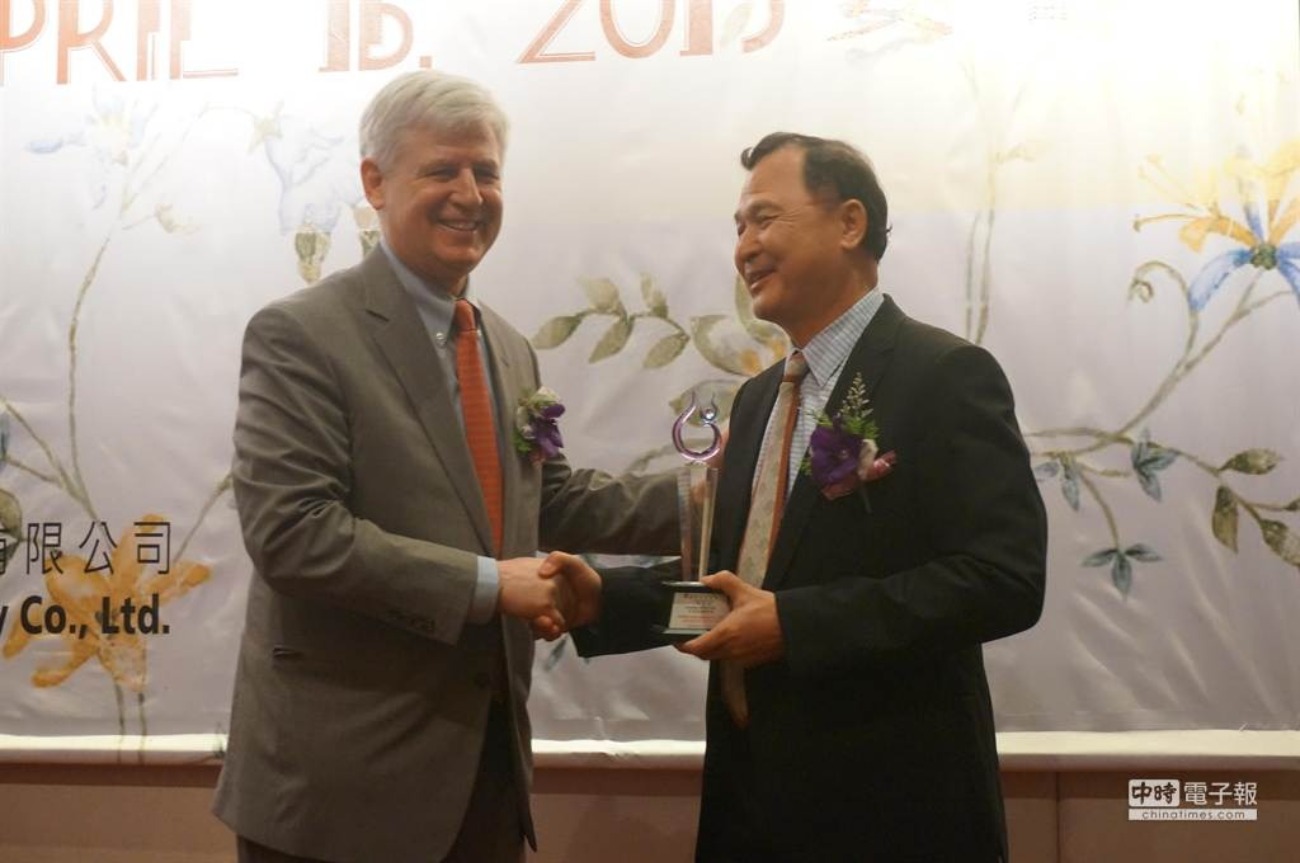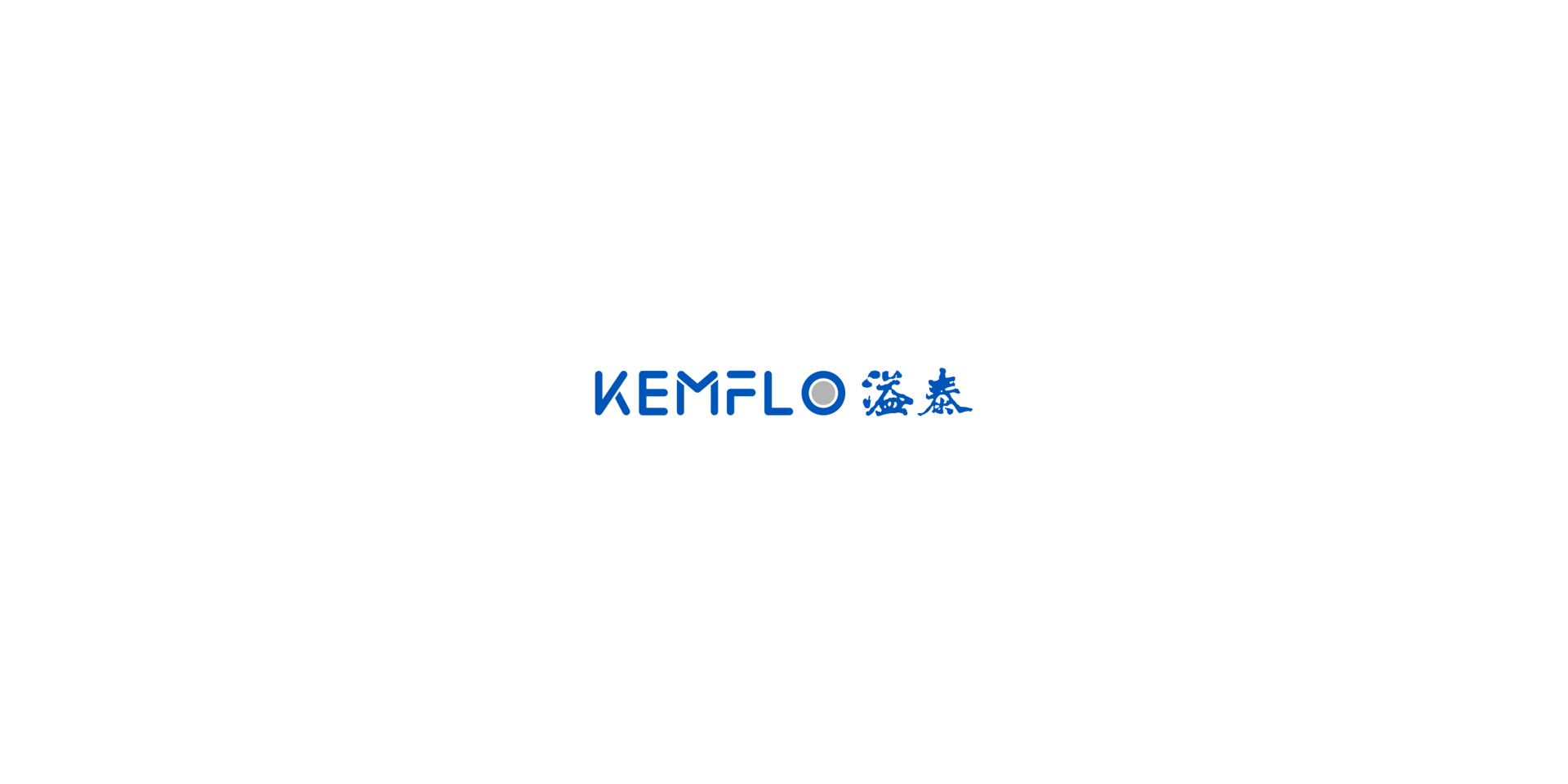Investigation of Pipeline Management in the United States, Kaohsiung will send personnel _ Business Times report

Kaohsiung, April 16, 2015Industrial and Commercial Times report
Kaohsiung Mayor Chen Chu attended the AmCham 2015 Spring Banquet tonight (16th) and responded to the concerns raised by the Kaohsiung American Chamber of Commerce's "Southern Taiwan Economic White Paper" regarding petrochemical industry management. She pointed out that relevant personnel from the Kaohsiung City Government's Economic Development Bureau will be assigned to form a delegation to the U.S. next week to study the management practices of petrochemicals and natural gas pipelines in the U.S., learning from advanced countries to ensure the safety of Kaohsiung city.
The "2015 Spring Banquet," hosted by the American Chamber of Commerce in Kaohsiung (AmCham) and co-organized by the American Institute in Taiwan, was held tonight at 7 PM at the Hanpin Hotel in Kaohsiung. Attendees included Mark W. W. K. Ma, Director of the American Institute in Taiwan's Taipei Office, Kaohsiung Mayor Chen Chu, Tainan Deputy Mayor Tseng Hsu-Cheng, and Pingtung Deputy County Magistrate Wu Li-Hsueh, among many others from industry, government, and academia.
Brian Aiello, chairman of the Energy Committee of the American Chamber of Commerce in Kaohsiung, said that the petrochemical gas explosion on July 31 last year was a great tragedy. Before the adjustment of industrial policies and the layout of the petrochemical industry is completed, it is urgent to strengthen the regulation of petrochemical pipelines and natural gas pipelines. Fortunately, international companies have developed high-efficiency, low-cost, and reliable high-tech detection devices to prevent unfortunate incidents from happening again.
He stated that these high-tech product systems, from the company's control center, to the gas delivery end, pipeline interfaces, along the route, to the final gas receiving end, can immediately detect and have a self-shutdown mechanism for gas supply, and can even send signals to firefighting units and different regulatory authorities regarding whether gas is leaking. Especially for small and medium-sized enterprises in southern Taiwan, including restaurants, hotels, and other service industries, as well as large factories, the proportion of natural gas usage is increasing. Therefore, Edward suggested fully utilizing high-tech products to manage and prevent the recurrence of gas explosions.
The Southern Taiwan Economic White Paper also focuses on the downsizing of the Dasha Petrochemical Industrial Zone and the closure of the Five Light plant. Edward pointed out that after the closure of the CPC's Five Light plant at the end of this year, Taiwan will need to import 50 to 100 tons of ethylene annually from abroad to fill the production gap left by the Five Light plant. Therefore, the issue of supply and demand for petrochemical raw materials must be addressed in advance.
As for the Dasha Petrochemical Plant, which directly affects 5,000 jobs and has over 100,000 related industries, facing the issue of being downgraded to a Type B industrial zone and the petrochemical raw material supply problem after the suspension of the Five Light project, the white paper suggests that the central government, the Ministry of Economic Affairs, local governments, and petrochemical operators should jointly establish a negotiation platform for open discussions and research, providing petrochemical operators with a production environment and space that balances environmental protection, industrial development, and residential safety, in order to create a win-win-win situation.
Kaohsiung Mayor Chen Chu responded to the invitation, expressing gratitude to the Kaohsiung American Chamber of Commerce for the suggestions and expectations in the "Southern Taiwan Economic White Paper." The city government incorporates the relevant content of the "Southern Taiwan Economic White Paper" as an important reference for policy implementation each year, thereby promoting mutual investment opportunities between Taiwan, Kaohsiung, and the United States. Chen Chu stated that ensuring urban safety "is our responsibility," and the key area for future governance in Kaohsiung, the "Asia New Bay Area," will see the relocation of petrochemical pipelines and oil tanks, creating more land and space as a prime location for future corporate investments.
Chen Chu also actively responded to the suggestions of the "Southern Taiwan Economic White Paper." She stated that in the future, there will definitely be the strictest management and supervision of petrochemical and natural gas pipelines, and that she will learn from the experiences of advanced countries such as the United States and Japan in pipeline management. She revealed that next week, officials from the Economic Development Bureau will be assigned to the United States to learn advanced experiences in pipeline management. As for the establishment of the Nansheng Petrochemical Special Zone, the Kaohsiung City Government will continue to "communicate and coordinate" with the central government and the Ministry of Economic Affairs.




